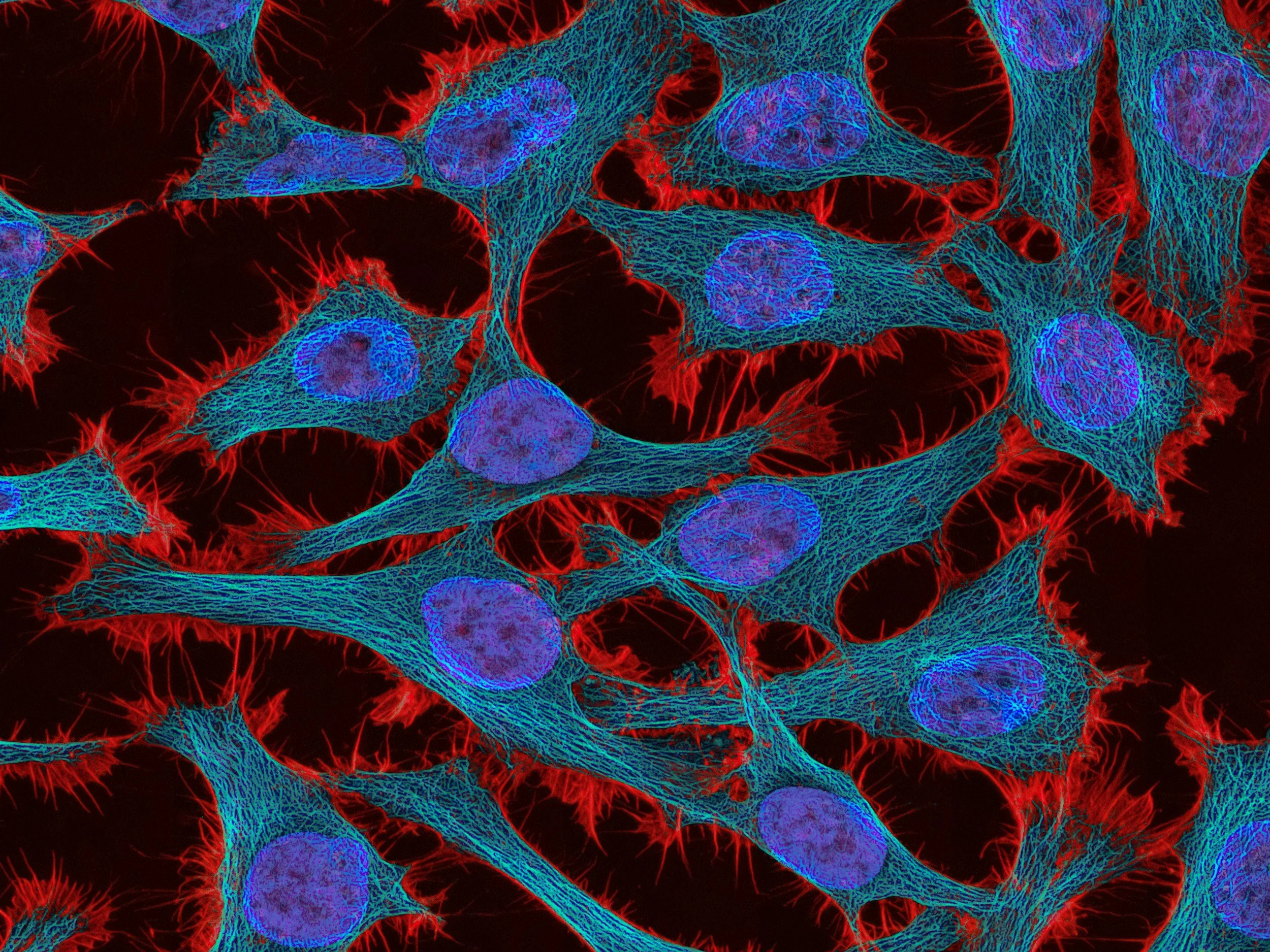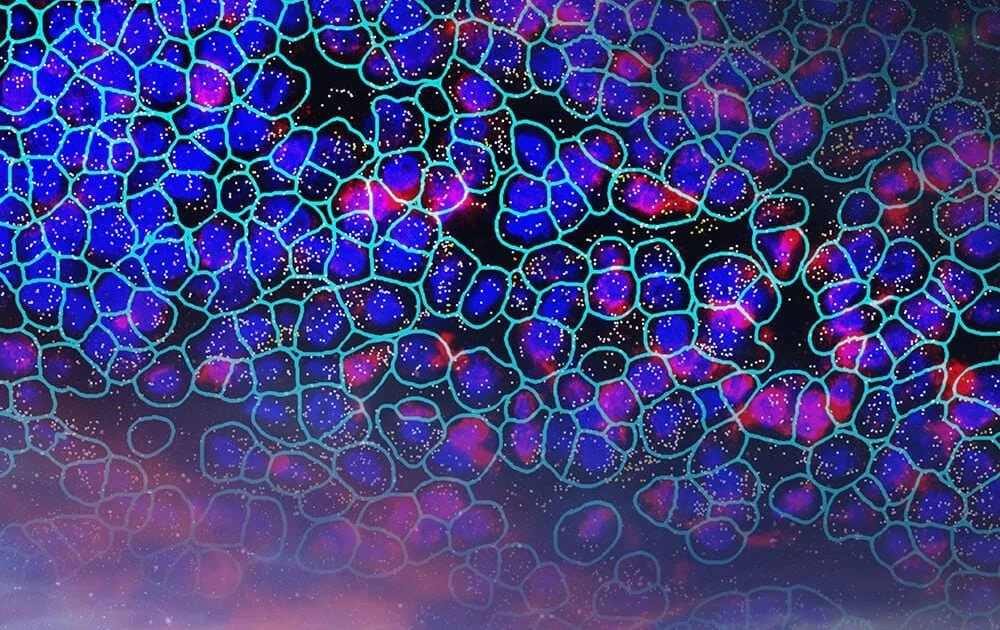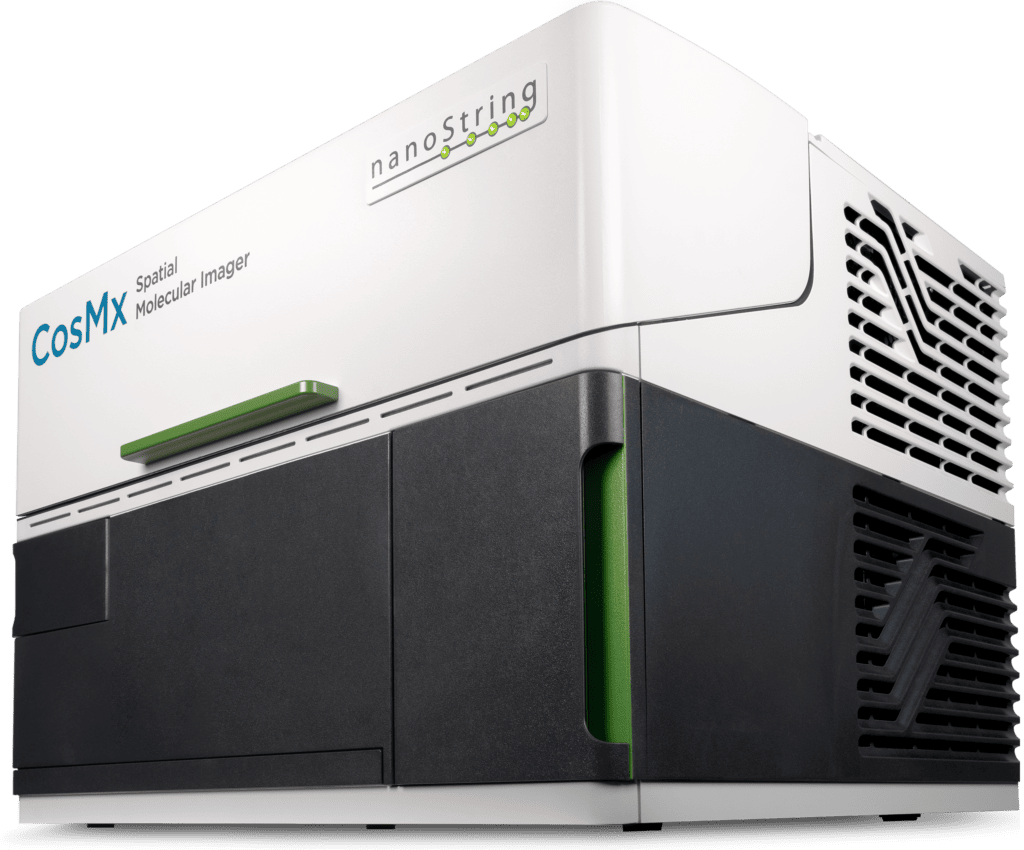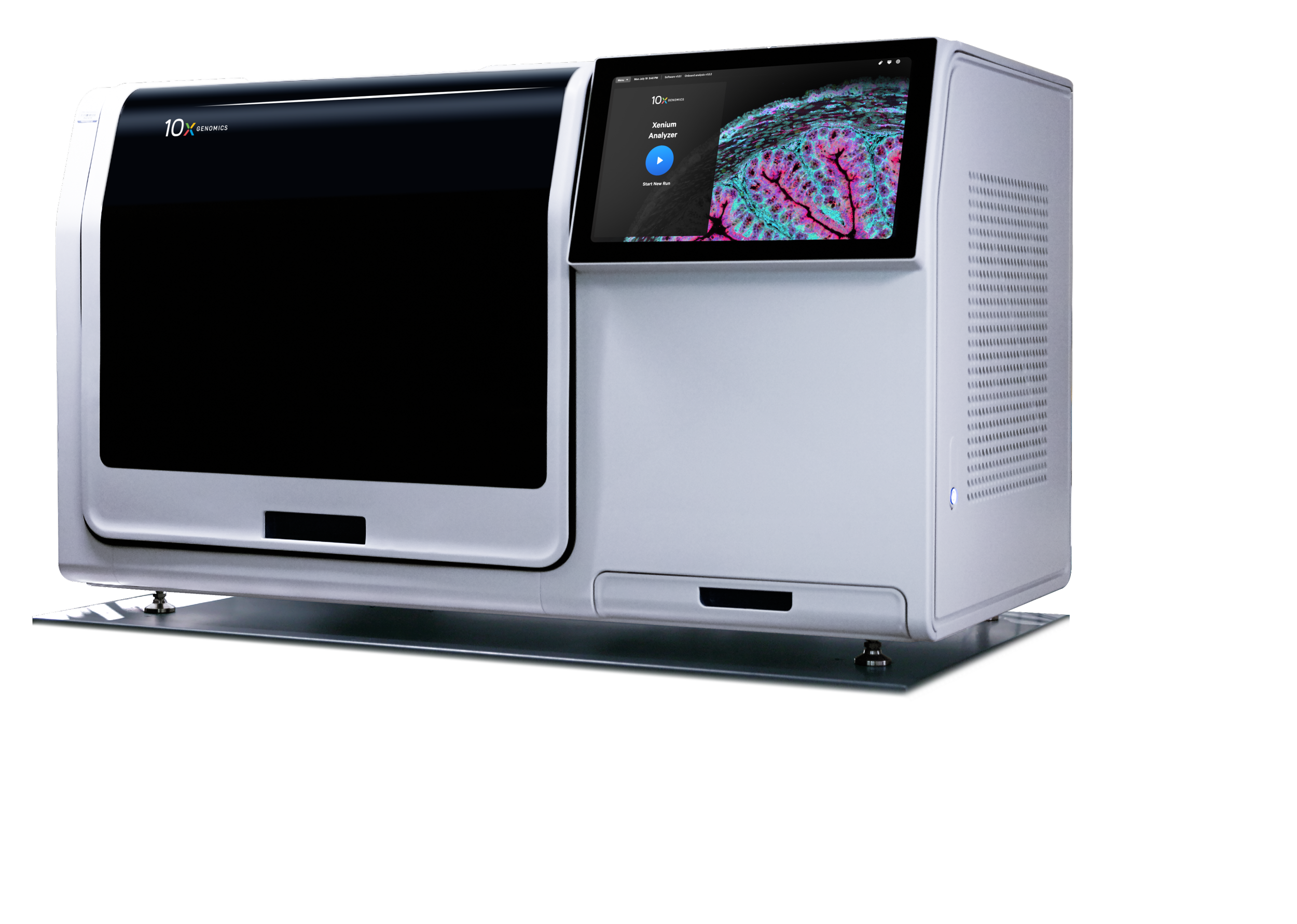
Spatial Genomics and Multiomics
“With spatial platforms, we’re no longer forced to choose between molecular detail and anatomical context. We can now map gene and protein expression across tissue in situ—preserving the spatial relationships that matter for understanding biology.”
Yasser Riazalhosseini
The Spatial Genomic and Multiomics platform at the McGill Genome Centre enables high-resolution mapping of RNA and protein expression within intact tissue sections, supporting both spatial transcriptomics and spatial proteomics. By preserving spatial context, these technologies allow researchers to explore how gene and protein activity vary across tissue regions, cell types, or disease states—offering powerful insights into cellular interactions, tissue microenvironments, and disease mechanisms. With multiomic capabilities that combine RNA and protein detection at cellular resolution, this platform supports a range of applications in oncology, neuroscience, developmental biology, and immunology. Compatible with both FFPE and fresh-frozen samples, our technologies help connect molecular function to tissue architecture in both experimental and clinical contexts.
Common Applications
Spatial Transcriptomics
Mapping gene expression across intact tissue section
Spatial Proteomics
Profiling protein abundance and localization in native environments
Single-Cell Spatial Multiomics
Simultaneous RNA and protein detection at cellular resolution
Tissue Microenvironment Analysis
Characterizing immune, stromal, and tumour niches
Developmental Biology & Neuroscience
Exploring spatial gene regulation in structured tissues
Multi-omics Integration
Combining spatial data with bulk or single-cell profiles for systems-level analysis

Technologies at the McGill Genome Centre
Nanostring / Bruker Spatial Biology
Offered by the Cancer Genomics Lab Platform
GeoMx Digital Spatial Profiler
Region-specific transcriptomics or proteomics profiling using whole-slide imaging and barcoded probe hybridization
Supports Cancer Transcriptome Atlas (CTA), Whole Transcriptome Atlas (WTA), and validated protein panels (mouse/human) for spatially resolved RNA and protein expression
CosMx
High-plex spatial RNA and protein profiling at cellular resolution, enabling detailed mapping of tissue architecture
Detects up to 6,000 RNA targets and 64 proteins from FFPE or fresh frozen tissue using advanced cyclic FISH chemistry
10X Genomics
Xenium
Ultra-high-resolution spatial transcriptomics platform
Supports targeted RNA panels for cell-type mapping and tissue architecture
Visium HD
Whole transcriptome spatial profiling at single-cell scale (2μm resolution)
Compatible with H&E and immunofluorescence
Offered by the Advanced Genomic Technolgies laboratory
Platform deliverables
TBD
Integrated Support and Data Analysis
Spatial genomics projects - including both transcriptomic and proteomic profiling - are supported by dedicated project management and bioinformatics teams. We provide expert guidance on tissue preparation, panel selection, and region-of-interest design. Comprehensive spatial data analysis includes image processing, segmentation, and integration of spatial RNA and protein expression. From raw imaging to multi-layered molecular maps, our team helps researchers unlock the spatial dimension of biology with clarity and precision


